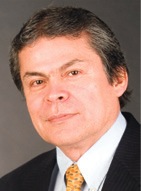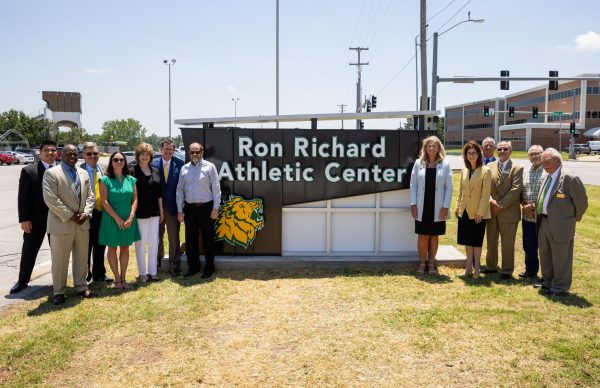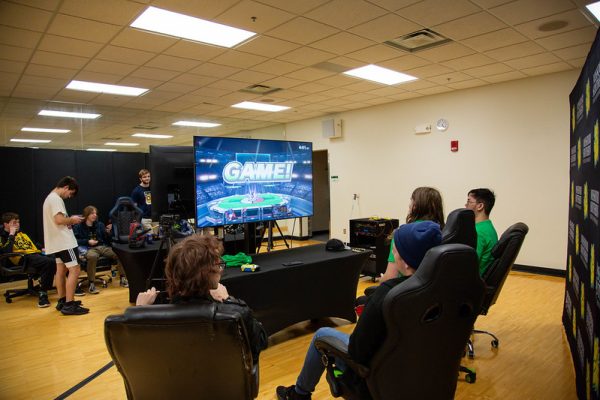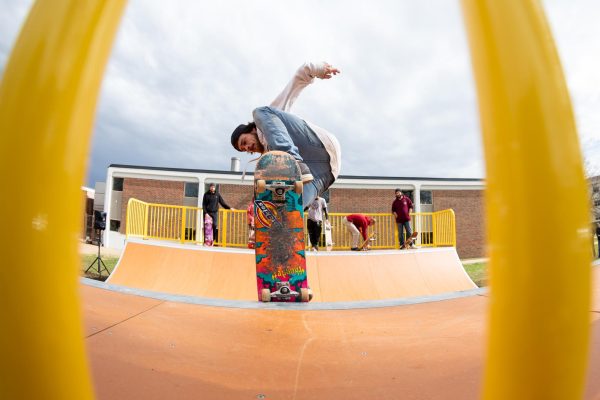Late professor José Alvarez inspired student trip to Ecuador

The late professor José Alvarez.
From 1964 to present, Colombia has been embroiled in a complex and violent civil war. In June and early July of 2011, I witnessed firsthand a few of the consequences of that war. Missouri Southern State University and its international mission provided me with the opportunity to spend the summer of 2011 studying in Ecuador.
My time in Ecuador provided me access to life altering circumstances and exposed me to a world where hope can exist in spite of the fear, pain and sadness caused by extreme poverty and war. My fellow American students and I lived with host families, took classes from Ecuadorians and traveled the country. We learned about Ecuadorian culture, Spanish grammar and about ourselves.
Though I shared unforgettably beautiful experiences with my American friends during the trip, it was the time I spent apart from them that changed my life the most. I was exposed to a world of pain, difficulty and hardship. Yet, in spite of it all, there was hope. The world I entered was the world of the Colombian refugee. If someone had asked me two years ago about the Colombian civil war, my description would have been limited, at best.
At the time, I was aware that a narcotics war existed in Colombia. In my mind, the war was a drug war. In my mind, the fighting was in some rural jungle battlefield between guerrilla drug dealers trying to transport and sell narcotics and Colombian soldiers trying to make safe Colombia and the world.
The late Missouri Southern State University professor José Alvarez was the first individual to discuss the Colombian civil war with me. I met Alvarez as his student and I had the privilege of becoming his friend. He was a vibrant, open and interesting man. He was also a Colombian immigrant.
I stopped by his office, on an average of once a week, to catch up and speak Spanish. We would discuss literature, education, and philosophy. We would debate about society and its future. Professor Alvarez, in true Colombian style, was an optimist. He was a giver. He loved his students and wanted to do all he could to make their education and lives as full and exciting as possible. For several months, we discussed, on and off, his experiences as a Colombian immigrant.
I listened to his stories and asked questions. Soon, we began discussing a research project. We wanted to go to Colombia and the surrounding nations to interview individuals affected by cartel related violence and share their stories with the world. Sadly, our schedules became more rigorous and our discussions occurred less often. The idea faded from our thoughts.
Professor Alvarez passed away right before I left for Ecuador. News reached me in Quito, via Facebook, that he was a confirmed victim of the May 22nd Joplin tornado. Everyone in my group had known Professor Alvarez and so, while Joplin mourned the loss of so many lives, we had our own small and heartfelt memorial standing in the Quito sunlight. A few days later, I would again be brought to the idea of sharing the stories of Colombian refugees.
Professor Alvarez introduced me to the idea of sharing the stories of Colombian refugees and two Colombian asylum seekers gave me a passion to do so. Professor Alvarez impacted my life and now, with this project, I hope to see one of his many social visions come to life.
I want to help Colombian refugees living in Ecuador, like the individuals who shared their accounts of hardship and hope with me, and voice their stories and their dreams for the future.
Your donation will support the student journalists of Missouri Southern State University. Your contribution will allow us to purchase equipment and cover our annual website hosting costs.



























